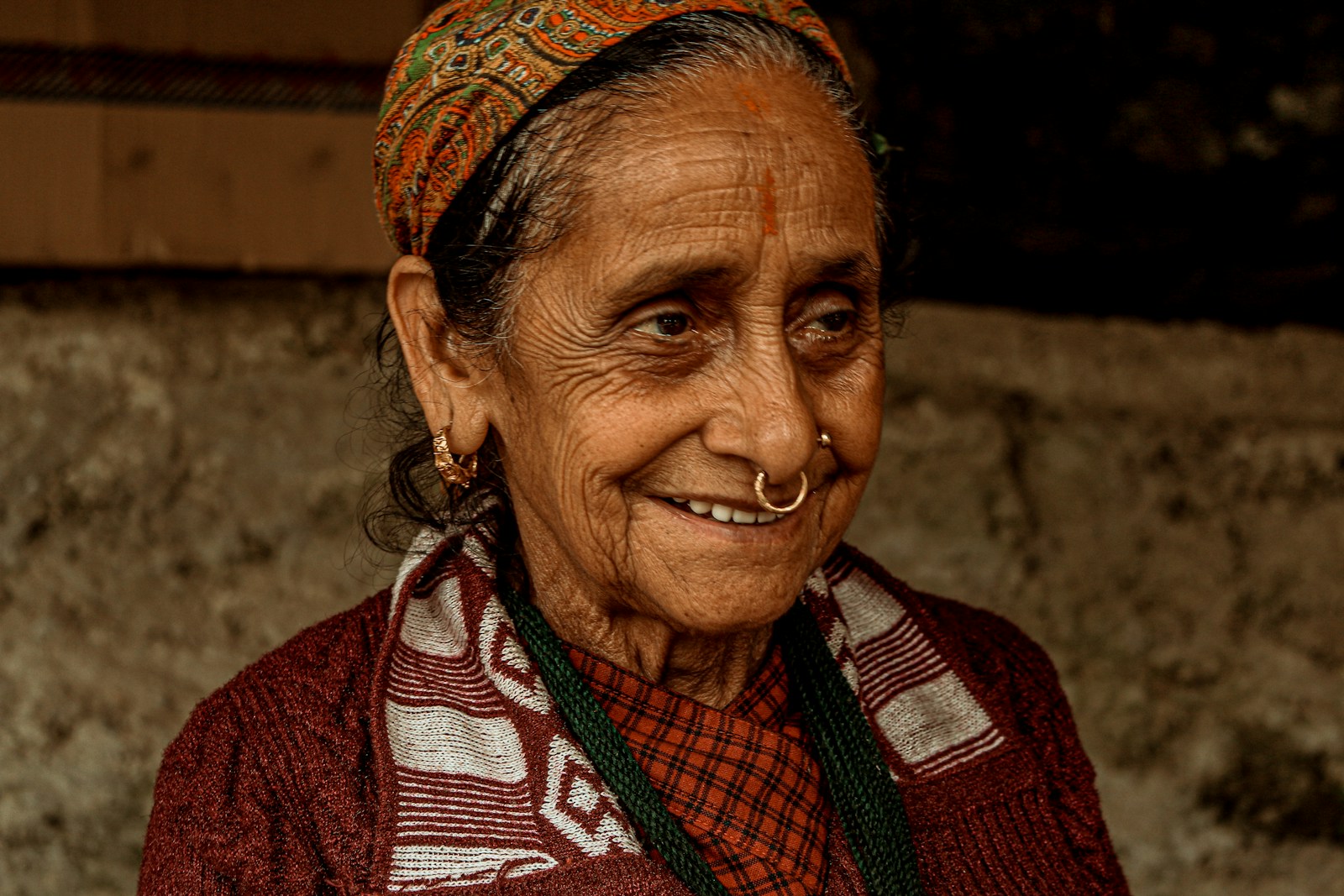
祖母
zǔ mǔ

grandmother
In Chinese, '祖母' refers to the mother of one's parent, which is known as 'grandmother' in English. It is often used to talk about family relations and is a respectful title in Chinese culture.
Example sentences using: 祖母
祖母带我们去公园。
zǔ mǔ dài wǒ men qù gōng yuán

Grandma took us to the park.
This phrase uses '祖母' (zǔ mǔ) to refer to the speaker's grandmother. The verb '带' (dài) means 'to take', and '我们' (wǒmen) is the first person plural pronoun meaning 'us'.
祖母教了我很多事。
zǔ mǔ jiāo le yī hěn duō shì

Grandma taught me many things.
This phrase uses '祖母' (zǔ mǔ) to refer to the speaker's grandmother. The verb '教' (jiāo) means 'to teach', and '很多' (hěn duō) means 'many'.
我喜欢和祖母聊天。
wǒ xǐ huān yǔ zǔ mǔ liáo tiān

I like chatting with Grandma.
This phrase uses '祖母' (zǔ mǔ) to refer to the speaker's grandmother. The verb '喜欢' (xǐ huān) means 'to like', and '聊天' (liáo tiān) means 'to chat'.
祖母给我们买来了一只狗。
zǔ mǔ gěi wǒ men mǎi lái yī zhī gǒu

Grandma bought us a dog.
This phrase uses '祖母' (zǔ mǔ) to refer to the speaker's grandmother. The verb '给' (gěi) means 'to give', and '买来' (mǎi lái) means 'bought'.
我的祖母是一位好厨子。
wǒ de zǔ mǔ shì yī wèi hǎo chú zǐ

My grandmother is a good cook.
This phrase uses '祖母' (zǔ mǔ) to refer to the speaker's grandmother. The adjective '好' (hǎo) means 'good', and '厨子' (chú zǐ) means 'cook'.
祖母常帮我们做饭。
zǔ mǔ cháng bāng wǒ men zuò fàn

Grandma often helps us cook.
This phrase uses '祖母' (zǔ mǔ) to refer to the speaker's grandmother. The verb '帮' (bāng) means 'to help', and '做饭' (zuò fàn) means 'to cook'.
我的祖母有一个很大的家。
wǒ de zǔ mǔ yǒu yī gè hěn dà de jiā

My grandmother has a very big house.
This phrase uses '祖母' (zǔ mǔ) to refer to the speaker's grandmother. The adjective '很' (hěn) means 'very', and '大' (dà) means 'big'.
我的祖母叫小贝.
wǒ de zǔ mǔ jiào xiǎo bēi

My grandmother's name is Little Bee.
This phrase uses '祖母' (zǔ mǔ) to refer to the speaker's grandmother. The name 'Little Bee' is a direct translation of the Chinese name '小贝' (xiǎo bēi).